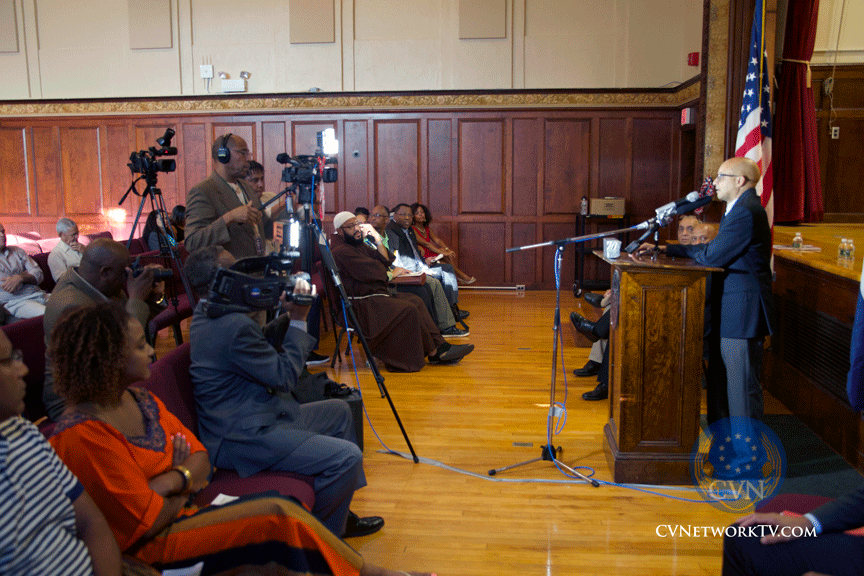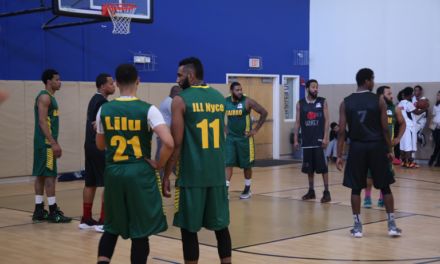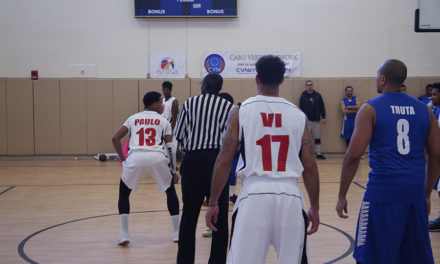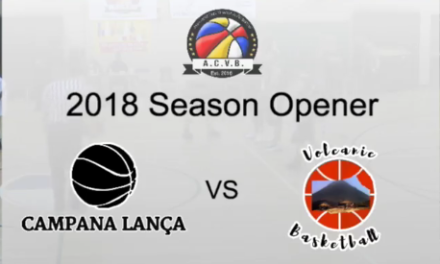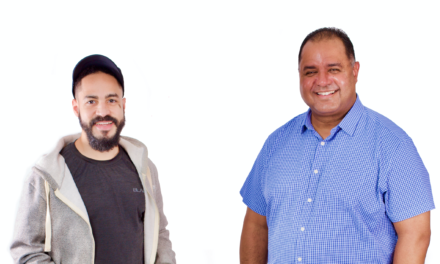I recently attended an event in Brockton where Dr. Luis Filipe Tavares was speaking. He’s the Cape Verdean “Ministro dos Negocios Estrangeiros Comunidades” which Google translates as “Minister of Foreign Communities”, but I think we would say something like foreign affairs in English. Full disclosure, I do not speak Portuguese nor do I speak Kriolu. So listening in a foreign language gave me flashbacks to my childhood where for Christmas parties and graduations at Kwong Kow Chinese school, foreign ministers from Taiwan would give long speeches in Mandarin to elementary school children whose first language was often English or Cantonese/Taishanese and rarely understood much of what was going on.
But a couple of things caught me.
First off he said something about how, no matter what shade or skin color you are, dark or white, Cape Verdean is still Cape Verdean.
Then he also mentioned that there are 500,000 Cape Verdeans or more in this area of the United States, which is more than there is in Cape Verde.
And then finally a woman stood up who did not speak Kriolu and said in English that, “We are a resource and just because we have lost the language, does not mean that we are not Cape Verdean.”
I think I may have been the only non-Cape Verdean in the room. But I wouldn’t say that I even stood out because there are many different ways that Cape Verdeans view themselves and listening that night helped frame that a little better for me.
I am going to use four generalizations of Cape Verdean Communities to talk about this.
There is Brockton, where we were, and which is the center of the new Cape Verdean Community. This crowd was older and looked like a community center type of group. But there are stereotypes about crime and that sort of thing in Brockton. So Brockton Cape Verdeans are this growing, strengthening community of people that is forming into a strong tight knit group. There is simultaneously something exciting about the potential of the community, but there is still this shadow of Brockton’s problems. Drugs, crime, poverty and all the things that go with that. I didn’t see anything of those stereotypes inside the meeting house. But if you Google Brockton and news, the first thing that came up for me was “woman found dead inside Brockton Home.”
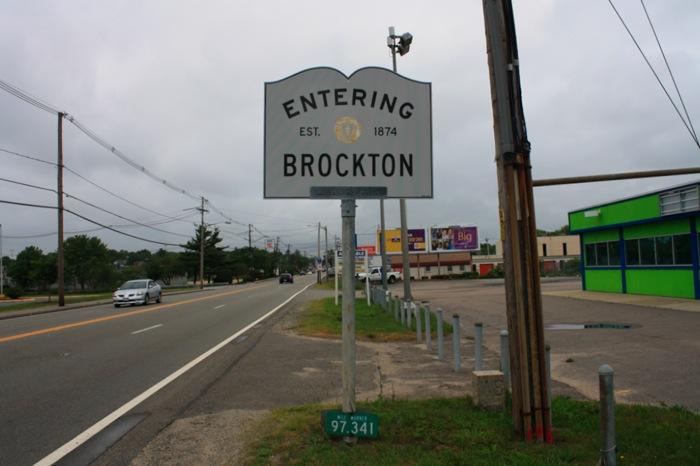
Brockton, MA
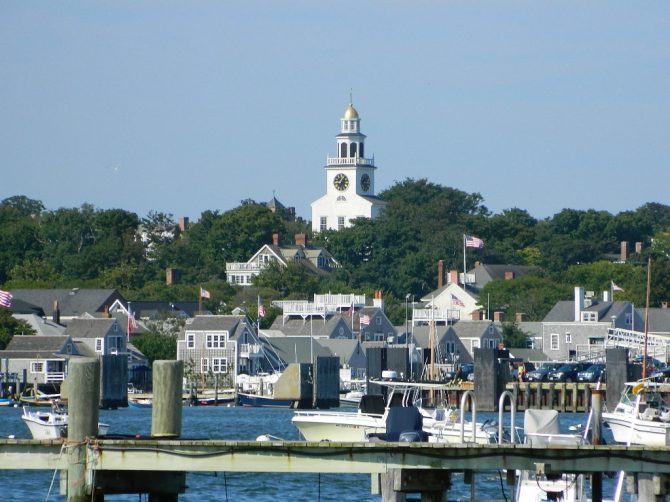
Nantucket, MA
Then there is Nantucket. Now I am actually sticking all the Cape Verdean places into this category to illustrate a point.
I saw this article on Facebook that an old high school schoolmate had written about Nantucket. It mentioned Portuguese influence in cuisine and the Azores and I surmised that Cape Verdeans might have something to do with it. The thing is the Cape Verdeans from this time period, who’ve been in the US for several generations, are somewhat invisible because names were anglicized and people would call themselves Portuguese instead of Cape Verdean, which makes sense.
But anyway if you are from one of these families you may think of the hardships of immigration as something that took place generations ago. It is a family story that is in line with the history of the American Revolution. Not to say that there aren’t newer generation immigrants there as well. I spoke to Ned Claflin, Chef and Co-Owner at Oran Mor Bistro.
He said that when he was 3 or 4, his best friend was Cape Verdean, and that Ned’s family pantry was often filled with spices from Cape Verde. I asked him a bit about Cachupa and Djagacida or Jag and he said that he was familiar with those dishes, but that they were just called Rice and beans, or stew.
But the reason why Ned even knew anything about Cape Verde was mainly because his best friend was first generation.
There is probably a lot of Cape Verdean influence in local cultures that people are unaware of.
I recently went to a Dragon Boat race in Pawtucket and looked into their visitor center. This area is known for having a large Cape Verdean community. In fact, even though Brockton may be the largest Municipality of Cape Verdeans outside of Praia, when you add Providence, Pawtucket and all the surrounding geographically close (though under different municipalities) together, their Cape Verdean Community is huge.
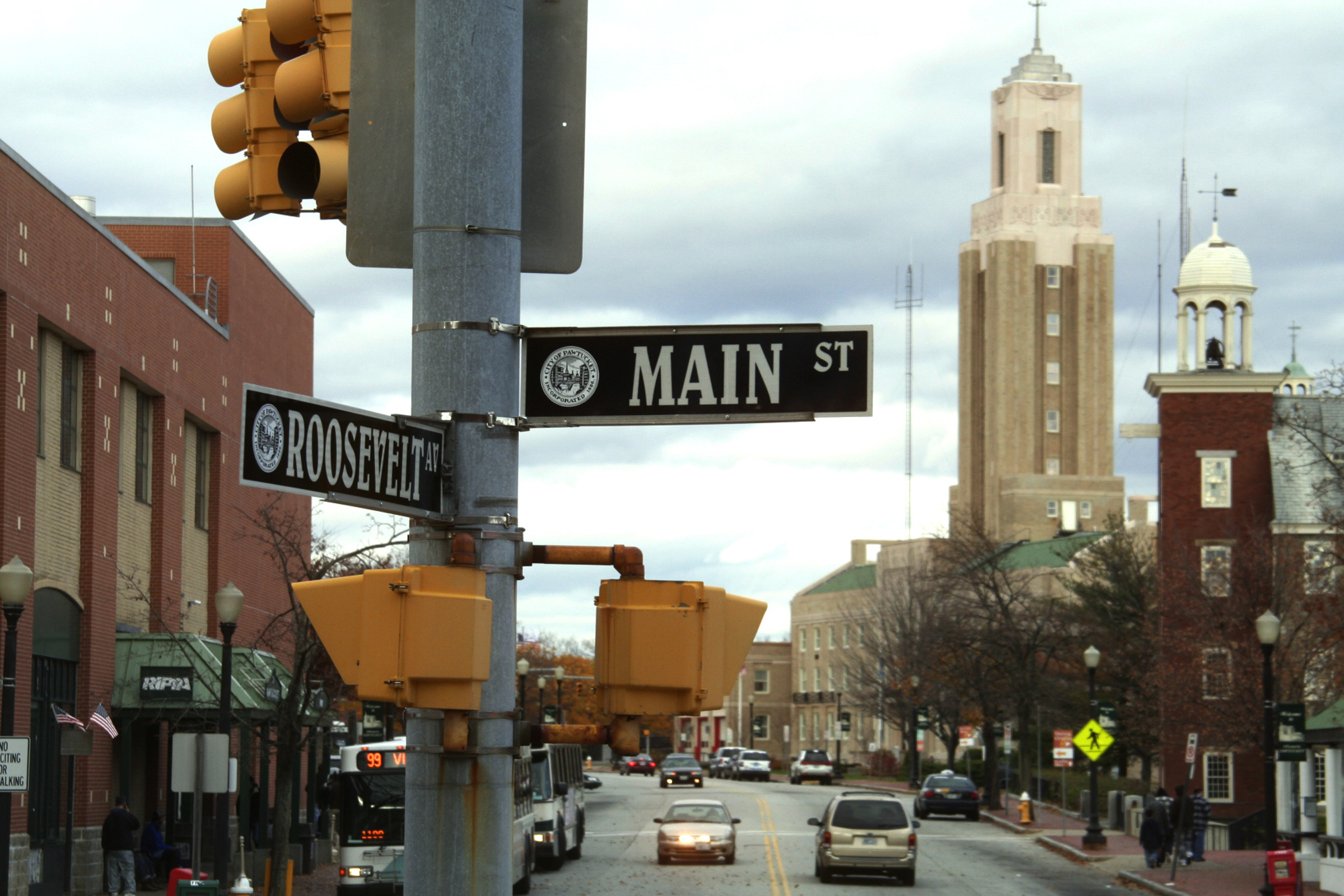
Pawtucket, RI
But looking at the visitor center’s display, what you see (not incorrectly) are percentages of Portuguese immigrants centuries ago. And since Cape Verde only recently became independent, they were Portuguese back then and would list themselves as such. On these types of displays you tend to see Portuguese or the Azores pop up more. What percentage of Portuguese were Cape Verdean Portuguese? I have no idea. I was there for a Dragon Boat Race and Taiwan Day and just happened to glance over at a sign.
My point is there are those who are speaking Kriolu at meetings in Brockton. They are Cape Verdean. Then there are those who know their ancestors were from Cape Verde and they live in a community where if everyone isn’t Cape Verdean, they just assume that they are because they all have that “look” and yet maybe they do not even speak a word of Kriolu. But they still have that cultural pride. But there might be some wish to distance themselves from certain stereotypes that their own cousins have in another Cape Verdean Community, while simultaneously having a strong urge to reconnect with the culture.
I suppose you could say you can learn a lot about the differences between being American in general when you look at the differences between different generations of Cape Verdean, a relatively smaller group of people.
The difference between Nantucket and Brockton seem huge. And in another post I will look at Cape Verde itself, as well. After all the end of the meeting was question and answer. And what I witnessed was something that may very well be particular to a Cape Verdean Community meeting of this sort. But I think that is a whole other post. But it did illustrate some expectations that the Cape Verdean American Community had of the Cape Verdean government and various Cape Verdean businesses. The airline came up a few times, as did the Customer Service. Again, I don’t speak or understand Kriolu but I noticed some……. tension.
But despite all these differences, there is a common culture and a genetic bond.
As the woman who stood up in the hall and spoke in English pointed out, she and others like her want to offer themselves as a resource and just because they may no longer speak the language, does not mean that they aren’t Cape Verdean.

